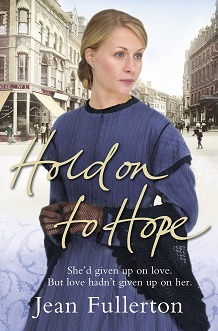
I had a rare treat last week – while back in the UK for a few days, I was taken on a walk through the pages of a book
My friend Jean Fullerton writes fabulous books – set in the East End of London. I had read three of them – and the fourth was waiting for me on my bedside table as Jean took me on a tour of her literary world.
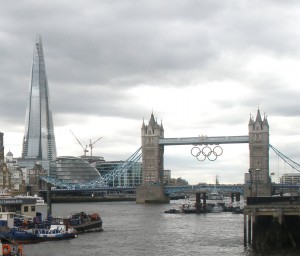
With the Olympic Games venues close by – there’s been a lot of redevelopment in the area.
It’s no doubt going to give the place a boost, but some things (like Tower Bridge) didn’t exactly need any redeveloping…
However, it was great to see so many of the old wharves and warehouses now restored and turned into attractive homes.
This part of London was once synonymous with poverty and crime – as immigrants crowded into the narrow streets.
Jean has lived in the East End all her life – and is proud of her heritage. It shows in the books she writes – stories that capture the heart of the place and the people who lived there – working on the river barges, drinking in the pubs and living in those tiny narrow houses.
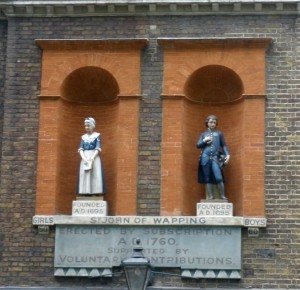
Jean showed me a school she used in “Hold on to Hope” – which had separate entrances for boys and girls… apparently that was the rule in the late 1800s. I can’t see today’s kids going along with that.
The schools that grew up in these narrow streets were part of a growing social movement – centred in a part of London that was struggling with disease and abject poverty. Charities began to care for the poor. The first public baths were built.
Not only that, the people began to seek a better life for themselves… the labour movement and women’s rights all found fertile ground here.
All of which is good grist to the writer’s fertile mind.
I don’t write historical novels – but I do read them.
I think our history makes us what we are. Historical novels may be fiction, but in the hands of a good writer they can truthfully capture the essence of a period of time – whether it’s the cholera and the poverty or the hard work and determination or those who lived good lives despite their surroundings.
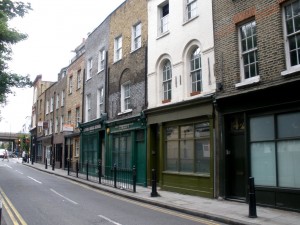
Jean’s next book is set after World War 1 – still in the East End – and still deeply concerned with the lives of those who lived there.
Now that I have a feel for that part of the world, I can’t wait for Nurse Millie to call.
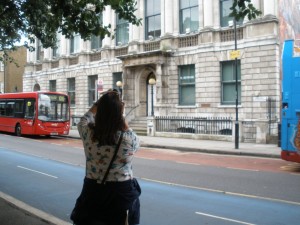
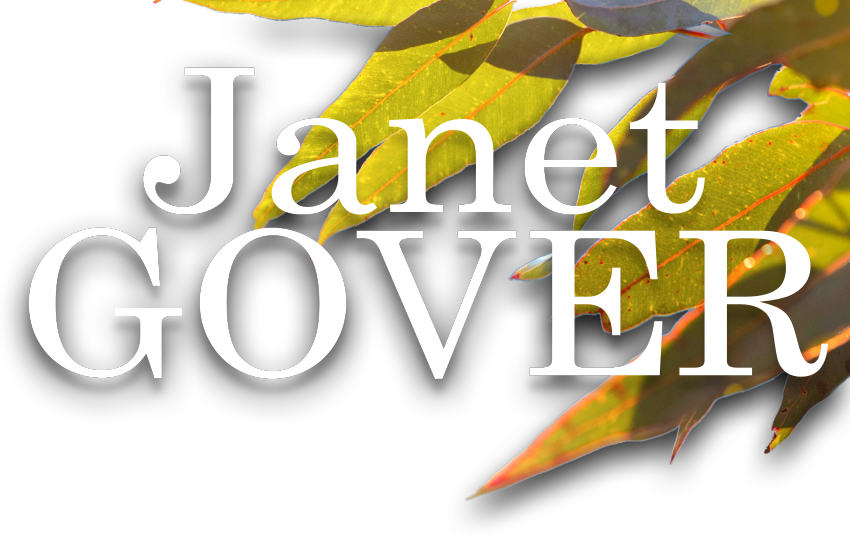
Comments
2 responses to “A tour of the East End”
Hi, Janet, thank you for such a lovely blog about our day in London. I never tire of taking friends on a little guided tour of the old docks and streets of East London. I’m glad you enjoyed it so much.
It was such an interesting walk – I can now picture the area so well when I read the books… might even have to read the first three again.